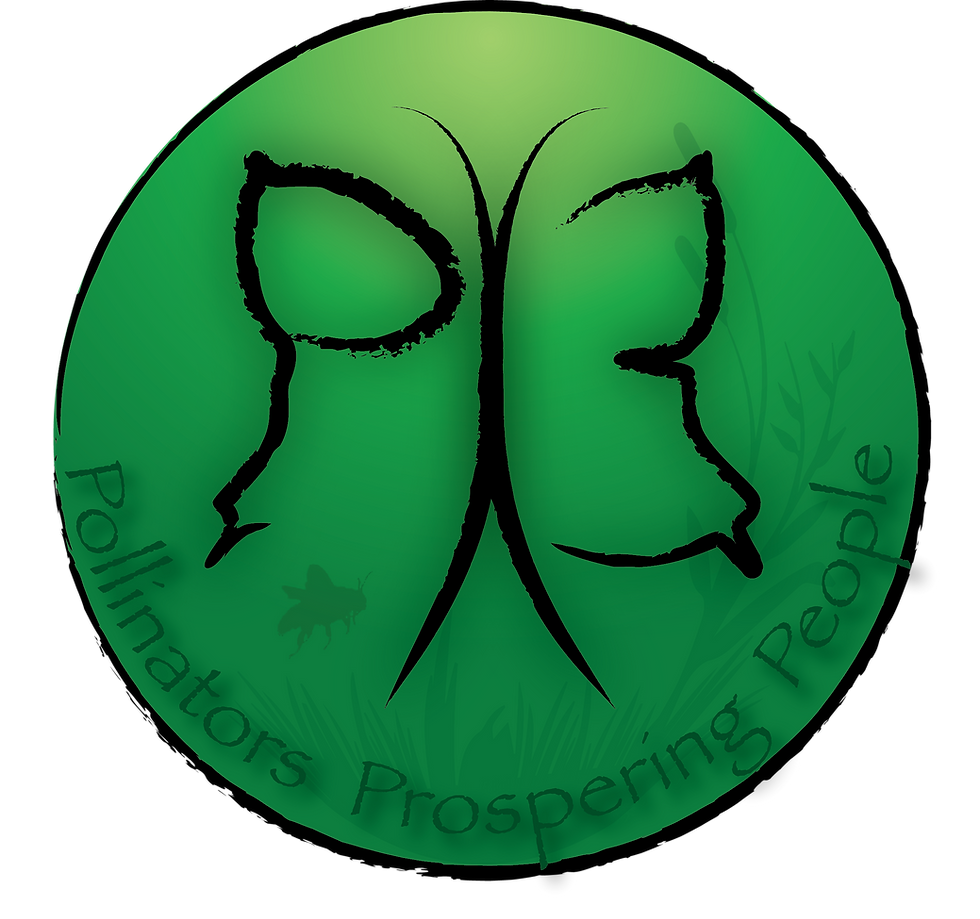Nesting Behaviors
- PX3 Team

- May 9, 2019
- 3 min read
Updated: May 13, 2019
M. Fegler
Welcome first time visitors and returning readers. PX3 hopes to see all of you at Calvert Brewing Company Trivia Night on May 15, 2019 from 7 pm - 9 pm. Get to know PX3 members, have a great craft brew, win prizes with your keen trivia skills. PX3 Trivia will consist of three categories: Maryland Native Bees, the Honey Bee, & Your Garden Potential. Join us and test your knowledge, learn fun facts and have some really good beer. For the first 15 days of May 2019 PX3 will post blogs that we will then draw trivia questions from. We welcome you to visit daily and take a look! Thanks to Calvert Brewing Company for partnering with us for this fun event.
It can be intimidating to feel responsible for the next generation of any species; I hear even human parents feel the pressure. With nature there is a phrase biologists often use that is meant to make human shoulders feel lighter when ‘caring’ for a wild species; “don’t love them to death”. As straightforward and even blatantly rude to some it is a good guideline when preparing to share your space with wildlife. Wildlife in general does not have access to Google, libraries, OR a workshop series like the one PX3 puts on in multiple locations annually (the first Befriending Bumble Bees is May 19th at Homestead Gardens in Davidsonville, MD) . Wildlife have instinct, innate knowledge of what to do, and simply say ‘bless your heart’ to the Homo sapien community.
The bee world is a quintessential example of innate knowledge. I first I want to reference PX3’s favored resources so this post can give you some basic inspiration with follow up direction. The Xerces Society library is incredible and a user friendly, top of the line mission, resource purchasing site. We have many favored resources for many aspects of PX3’s mission to provide sustainable pollinator habitat; for nesting habitat I will highlight Xerces Society. At the end of the blog I will list specific resource titles.
“Though in nature we have short lives, let us be immortal, as a reminder that nature’s shortest and smallest lives often play the most powerful roles” - the bee
Understanding the life cycle of the bee will help simplify the necessaries for hosting these tiny do-gooders. Much like the butterfly, the bee goes through metamorphosis; the larvae do not look like the latter stages or the adult. Many solitary bees emerge in spring and early summer. This is the first time as a solid adult; fall and winter they are hanging out right outside, looking like a grub. The adult stage is often the shortest part of an insects life and bees are no different. With this in mind I ask you to remember the ‘four season’ planning discussed in Trivia Hint Blog II. Tell me if this sounds familiar; the adult emerges, ‘dates’, in some cases ‘monogamously’, works incredibly hard to provide, leaves the next generation to find their own path. What this means for bees is that the spring emerging adult will pass as soon as the next generation is prepared, leaving it to we humans to just leave them BEE :)
Each family of bee and often species have individual nesting habits. There are a large number of species who need bare, sandy soil; those who use leaves that have thick pubescent (hair), hollowed stems, old logs, crevices in rocks, hollowed pre-existing holes left in place, OR mulch piles. These need to be planned each year in, perhaps an adjacent space, so to not disturb sleeping babies not quite cooked all the way. It is a precarious time spring and summer of emerging adults looking for new nesting grounds and leaving the ‘nurseries’ in place until everyone is ready to face the world. Having a space in your space that does not tempt spring fever arranging, cleaning, etc… is important. My hope is that this blog only tempts you to read some of the following about specific bee group needs to help you plan for your future host with the most pollinator habitat. ENJOY! AND JOIN PX3 FOR OUR WORKSHOP SERIES.
The Bees in Your Backyard
Farming for Bees
Farming with Native Beneficial Insects
Attracting Native Pollinators
Befriending Bumble Bees
.png)












Comments